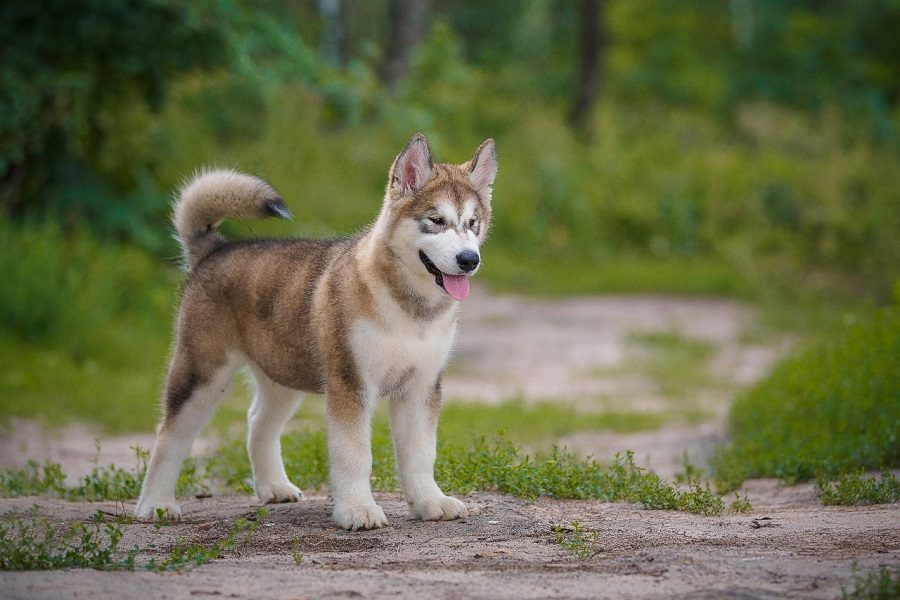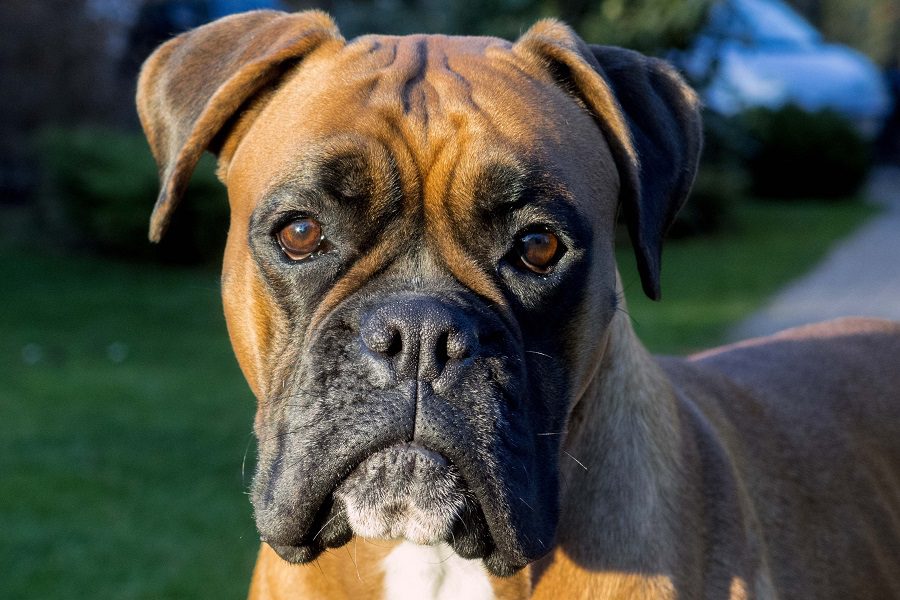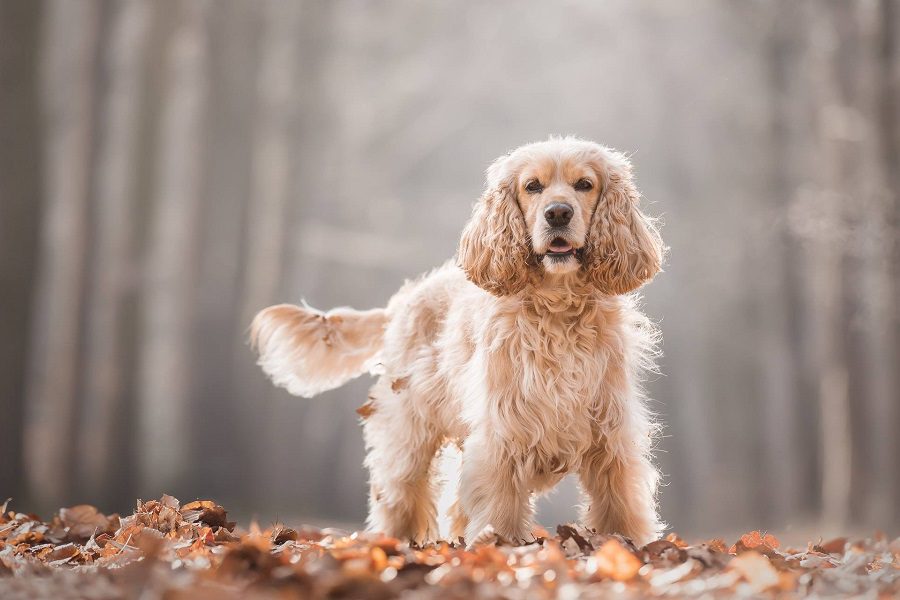Last Updated: 2 years ago
The Chihuahuas are said to come from and get their name from the Mexican state of Chihuahua.
It is in this state that the earliest breed specimens were found.
The American Kennel Club officially recognized the Chihuahuas in 1904 and rank them the 29th most popular of the dog breeds.
Common Characteristics
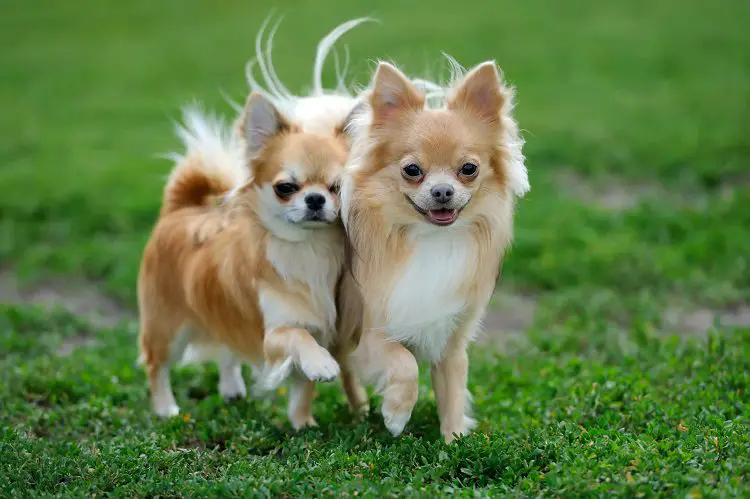
All chihuahuas, however, will have huge personalities, large and alert ears, as well as big moist eyes. They are known to be charming, graceful and sassy.
The chihuahuas are known to be alert and swift movers that are all enthusiastic, intelligent, and rulers of the realm thought to be their own.
- Colors – They come in many different colors and many different markings.
- Coat – They can be found to have short coats but are also known to have long coats.
- Head – They have an apple shaped head that is well rounded.
- Eyes – They have balanced full, round eyes that are set apart. Typically they have luminous dark or ruby eyes. Eyes are not protruding. Light eyes are known to reside in the light colored dogs. Known for their saucy expressions.
- Ears – Large and erect ears. When alert the ears are held more upright. In reponse flare to the sides at a 45 degree angle.
- Body – They have a level topline and well rounded ribs which are well sprung.
- Neck – The neck has a graceful slope that goes into lean shoulders. It is slightly arched.
- Tail – The tail is moderately long in length. Tails tip just touches the back. It loops over or is carried sickle up or out over the back. Tails coat should be full and long.
- Shoulders – They have lean shoulders.
- Feet – Feet are small and dainty.
- Smooth Coats – Coats should be glossy, close, and have a smooth texture.
- Long Coats – Coats should be slightly wavy or flat with a soft texture.
Health Issues
The chihuahuas are known for being a healthy breed but as with all breeds there are some likely health issues. The following issues are those that might affect your chihuahua:
- Patellar luxation
- Cardiac disease
- Eye disease
According to the OFA, the chihuahua ranks 22nd in regards to patellas luxation and as for their cardiac statistics, they would rank the chihuahuas 45th.
Size
The Chihuahuas are an extra small breed that have a lifespan of 15 – 17 years.
They are very fragile and need to be treated with kindness.
Personality Traits
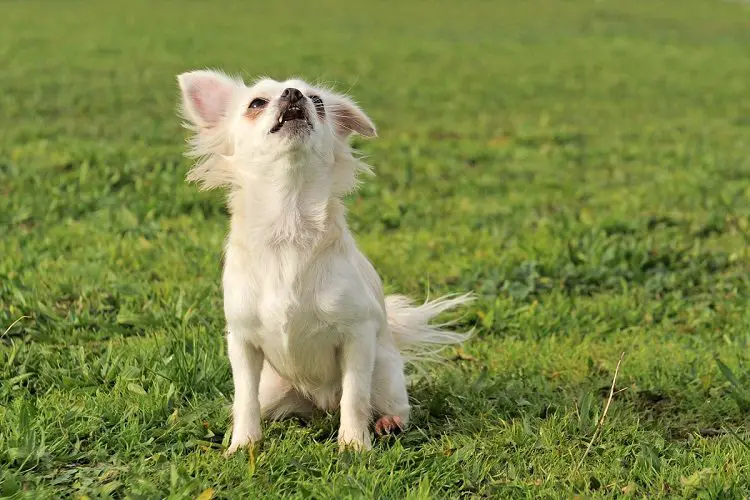
Chihuahuas are good with families that are patient and gentle.
If there are children in the home they too must be calm and loving. They are very loving, loyal, charming, graceful and sassy.
Temperament
They are a good breed for an apartment. They will live in happily in the city. They do still like to run about and play so they will also do well in a rural environment as long as they live within the house.
Due to the chihuahuas’ fragile nature, they should live indoors. This also makes them a pet to heed with caution around children that are really small. They would be an excellent choice for one that is frail or elderly.
Obedience training should be considered to ensure he becomes a well-behaved companion.
Chihuahuas are sensitive to cold temperatures. They will hunt for the sun or burrow in the blankets. To protect them from cold you might consider getting your chihuahua a stylish dog jacket, dog boots and dog socks.
Care Instructions
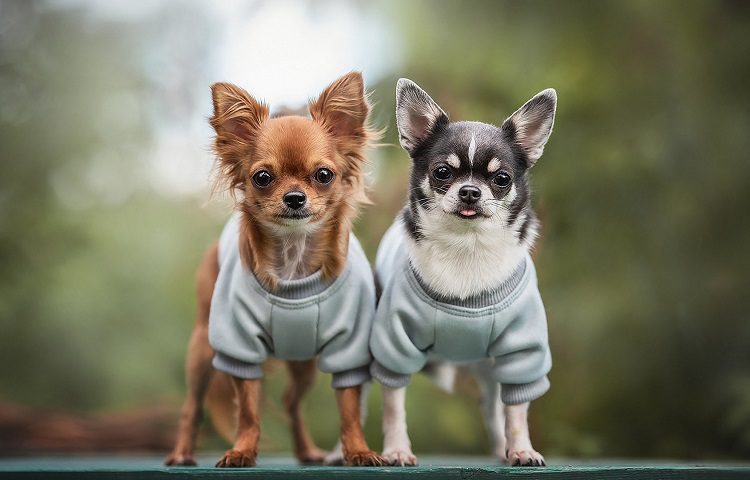
Obedience training should be considered to ensure he becomes a well-behaved companion. They need little in the way of grooming but need to have the following done as described.
- They require dog food that is formulated for their digestive needs as it is unique. Frequency to be fed needs to be determined with the help of a veterinarian.
- Brushing needed occasionally.
- Nails need to be trimmed. This prevents them from cracking and becoming overgrown.
- Ears need to be checked regularly to prevent infections and so wax and debris can’t build up.
- The teeth should be brushed regularly – Provide chew toys, hard bones. This will remove tartar and strengthen the gums.
Conclusion
The chihuahua, in conclusion, is a great option for those seeking a breed that lives indoors, needs minimal care, and does not require a lot of space.
They would do well with a caregiver that is older or more fragile. They would be best in a household that moves slower and is very mellow.
They would not be the best breed choice for those with small children. They are not a breed to be considered an outside pet. They would not do well in a household that is rough and super active.

